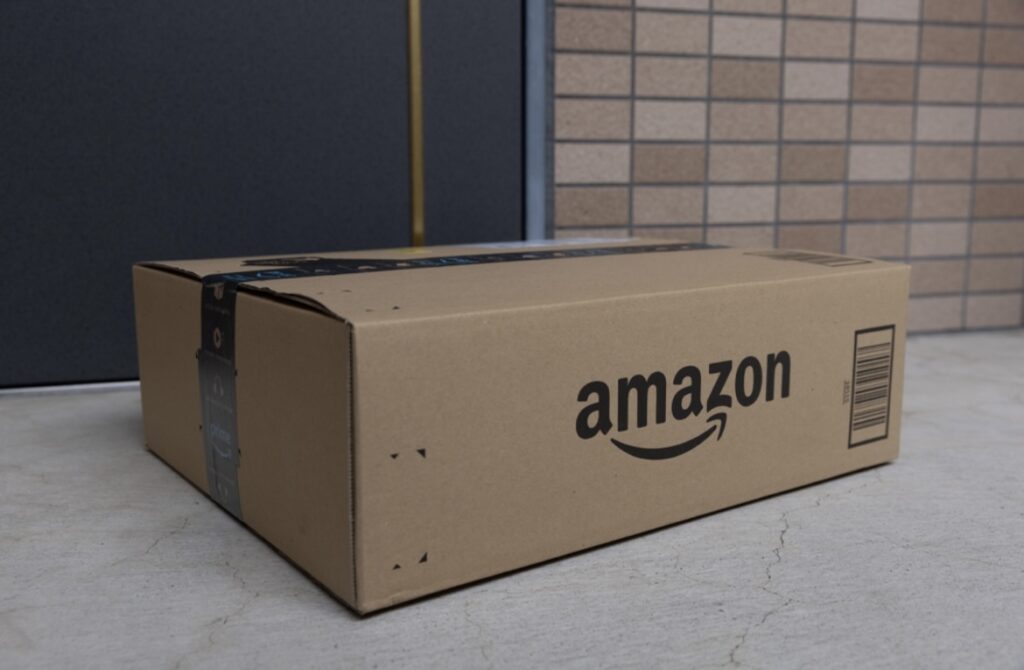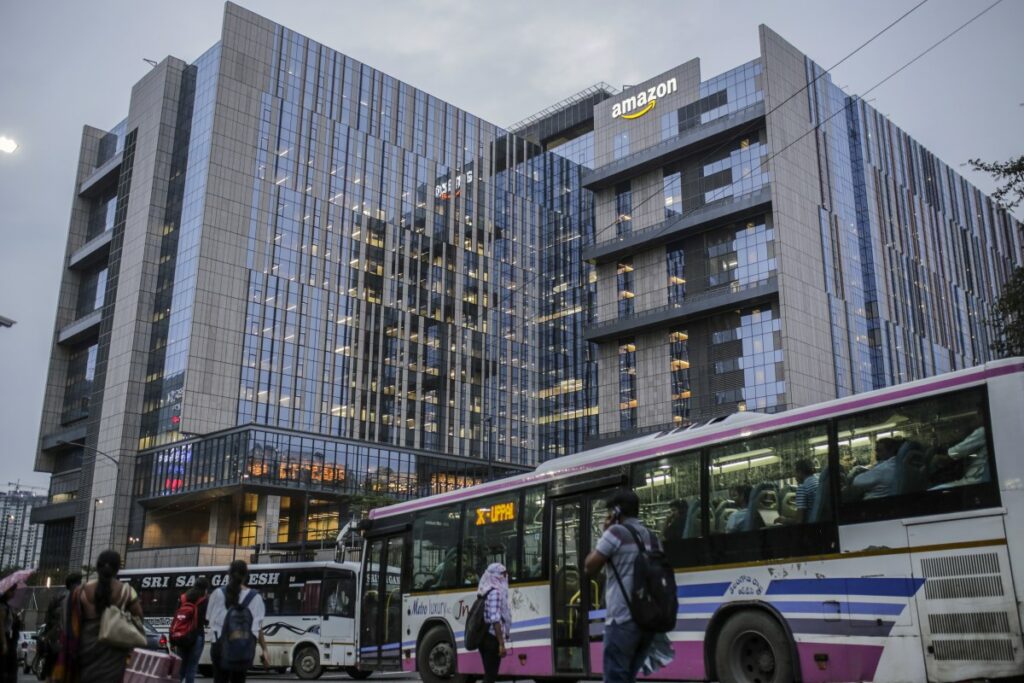Two years after announcing plans, Amazon’s highly awaited e-commerce entry into Africa has finally come to pass. On Tuesday, the tech giant launched its marketplace in South Africa.
South Africa is the e-commerce giant’s first market on the continent, and it will be going head-to-head in the country with local players like Takealot (majority-owned by media giant Naspers), as well as Makro and Bob Group’s bidorbuy to tap what is estimated to be a market worth $3 billion annually.
Notably, Amazon is launching in South Africa without its famous Prime membership program. That means no media services, and no Prime-only service tiers like free shipping for a large trove of items, and no sticky tool to get people returning to its site again and again over other buying options.
We have contacted Amazon to ask about when, or if, it is likely to add Prime in the region and we will update this post as we learn more.
The service e-commerce giant said that initially it plans to sell international brands and local products spanning some 20 product categories. Amazon will offer same-day and next-day delivery as well as 3,000 pickup points, and without the Prime perk of free delivery on a wide range of items, to bring in customers, Amazon is offering free delivery for anyone’s first order as well as subsequent orders exceeding R500 (~$27).
It’s unclear how much the market in the country currently wants or needs another player — and one that is parachuting in from the U.S., at that. Local players are seeing it as a good signal about the overall strength of the country’s e-commerce market, which wobbled globally after peak usage during the height of the Covid-19 pandemic.
“Competition is above all good news, as it validates the opportunity of African Ecommerce and helps to grow the market. South Africa is however a very specific market, different from most African countries, with mature retail networks, stable supply and very competitive e-commerce space,” Francis Dufay, Jumia CEO, said to TechCrunch about Amazon’s arrival.
Nevertheless, the debut has been a long time coming: Amazon had first said it would launch on the continent two years ago, in two countries, Nigeria and South Africa.
But in the wake of that announcement, Amazon pushed back its launch dates for both. South Africa was originally supposed to debut in April 2023. That was then postponed to October 2023, but that month it only started to onboard independent sellers in the country, and it was still making hires in merchant development, software development, and operations.
Meanwhile, its Nigerian launch, slated for February 2023, has also been put on hold, and the company has yet to give an update on when that might open for business.

- Amazon.co.za
The opportunity, however, is clear. Africa as a continent is still very much in the early stages when it comes to digital commerce, and while that might mean significantly more challenges in ironing out supply chains and logistics, and changing consumer habits by getting more consumers converted to selecting and paying for goods online, it represents significantly more growth potential than other, more mature markets for the company.
“We are excited to launch Amazon.co.za, along with thousands of independent sellers in South Africa. We provide customers with great value, broad selection—including international and local products—and a convenient delivery experience,” said Robert Koen, managing director of Sub-Saharan Africa, Amazon, in a statement. “Building a strong relationship with South African brands and businesses—small or large—is incredibly important to us. We want Amazon.co.za to be the place where they can reach millions of customers.”
Amazon’s entry into the South African market introduces competition into an R55 billion (~$3 billion) industry largely dominated by Naspers-owned Takealot, which commands nearly half of all online sales in the southern African country. Walmart-owned Massmart is also gearing up for its own e-commerce push. The timing of Amazon’s launch also coincides with a surge in online shopping in South Africa following the pandemic, which has spurred increased investments from retailers in the e-commerce sector.


